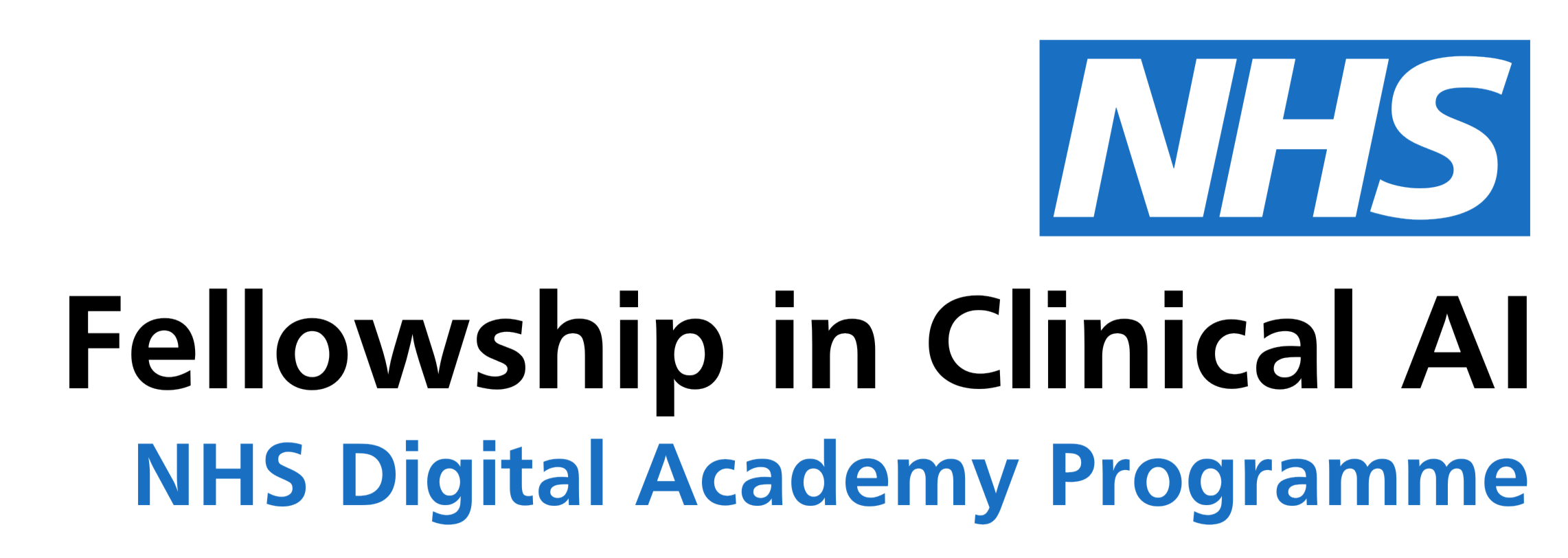
William Hughes
Fellow in Clinical AI, Cohort 3
Fellowship Bio
Resident Doctor in General Practice.
Fellowship Project
Service Evaluation of AI-enabled CT Head diagnostic assistance device
University Hospitals Sussex NHS Foundation Trust
Our project evaluated an AI tool, Annalise.AI CT Brain, in a use-case designed to help NHS hospitals manage their workload and reduce outsourcing costs for emergency head CT scans. Our main goal was to assess if AI could safely identify scans as “normal,” allowing delayed in-house reporting and significantly reducing expensive overnight outsourcing. As the lead for this project, my responsibilities included designing the study, coordinating data collection and anonymisation, developing the evaluation methodology, closely engaging with the vendor and communicating the results to key stakeholders. I also performed and led the data analysis, and identified critical implementation barriers. We successfully processed over 2,100 scans, proving the AI had strong potential as a safe “rule-out” tool due to high sensitivity (83%) and negative predictive value (90%). However, practical challenges emerged: high false-positive rates mean additional workload, resource allocation to ensure enough staff to report in-house, patient safety concerns if decisions are made on AI-triaging. Looking ahead, we’re hoping to set up a shadow-mode trial where clinicians will interact with AI outputs in real-time, while existing workflows don’t change. We’re also planning better training tools and visual aids to boost clinician and patient confidence. We hop to create a trusted, workflow-friendly AI assistant that genuinely reduces NHS costs and helps clinicians deliver safer, faster care.
Fellowship Testimonial
I have gained invaluable knowledge about integrating AI into healthcare, particularly the practical challenges and opportunities in clinical workflows. This fellowship not only equipped me with robust analytical skills and experience in handling large-scale medical data, but also honed my ability to effectively communicate complex insights to diverse stakeholders. I have spent a lot of time considering how with AI, just because we ‘can’, does not mean we ‘should’, and that it is a tool, not a toy and should be deployed as such, especially in healthcare where there is real risk of harm. I have thoroughly enjoyed collaborating with an interdisciplinary team clinicians, technologists, and vendors, learning from experienced professionals and understanding how the wider NHS works, from procurement, digital transformation and clinical engagement. The opportunity to lead a pioneering AI evaluation project was incredibly rewarding, and an excellent opportunity to grow. Looking to the future, this fellowship affirmed my interest in innovation, reinforced my commitment to evidence-based implementation of technology in healthcare, and prepared me for leadership roles in digital health or in my other interest area of medical education. I am confident that the skills, insights, and relationships cultivated here will allow me to contribute meaningfully to safer, more effective patient care through thoughtful integration of technology.


